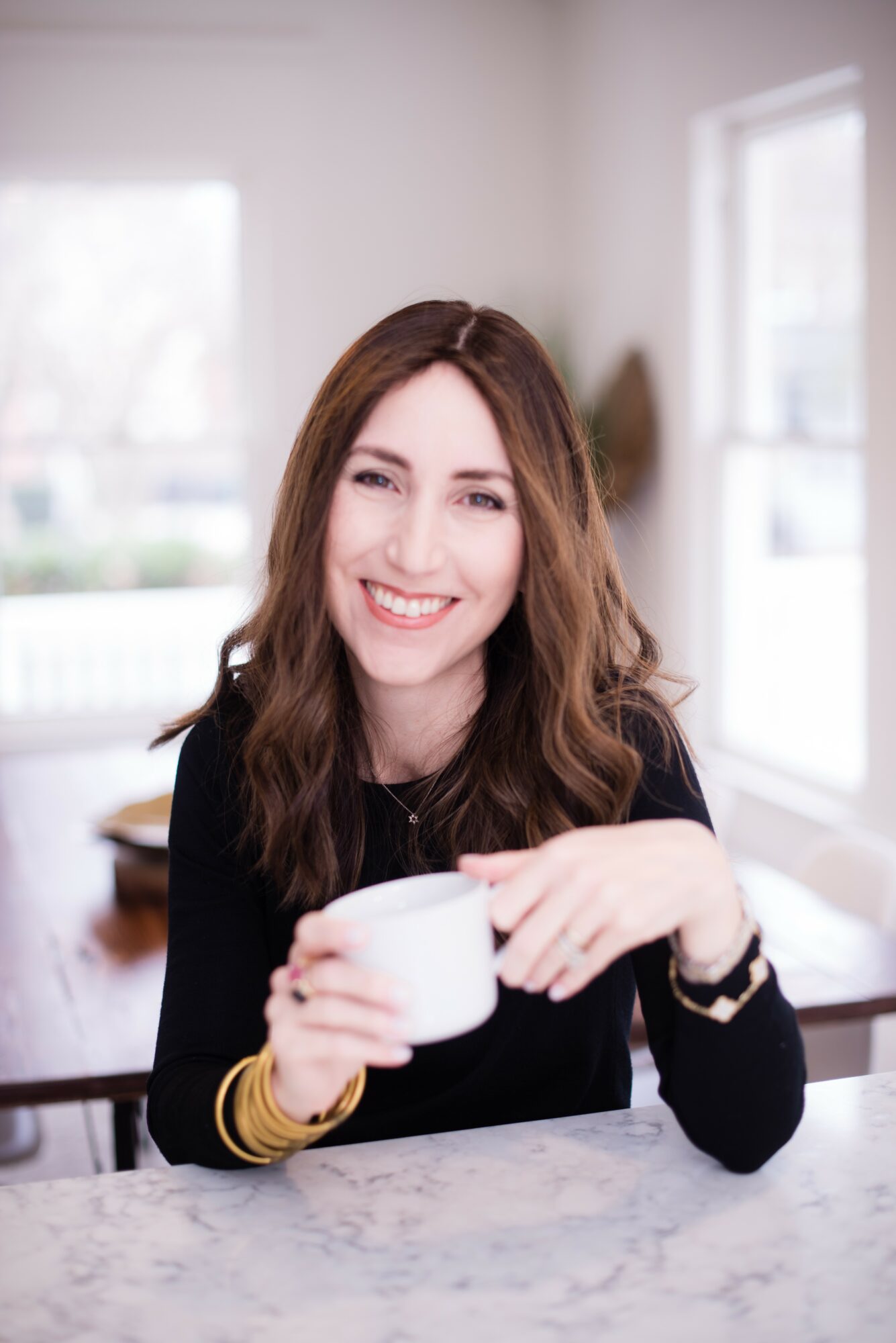

We’re looking forward to introducing you to Yael Trusch. Check out our conversation below.
Yael, so good to connect and we’re excited to share your story and insights with our audience. There’s a ton to learn from your story, but let’s start with a warm up before we get into the heart of the interview. What do the first 90 minutes of your day look like?
The first 90 minutes of my day include the daily morning prayers, including the Psalms of the day, and the Torah portion of the day, and a gratitude journaling practice that I have. This practice grounds me in truth by connecting me to and aligning me to the Source of all blessings before I go enter the work day (where it’s so easy to delude ourselves that we and our strength are the one’s responsible for results and success) ;-).
Can you briefly introduce yourself and share what makes you or your brand unique?
I’m the Host of the Jewish Money Matters Podcast – the longest standing identifiably Jewish podcast and one where Jewish wisdom and spirituality meet your money and your business. I’m also a contributor to many Jewish and non-Jewish publications and I’m now working on my first book on the financial and spiritual power of giving charity. A few things distinguish my work amongst other Podcast Hosts, Writer, Content Creators and Thought Leaders. One, I’m a woman talking about money and two, my approach to money openly incorporates the wisdom of the Torah making it quite profound as well as practical. My message is much more than about dollars and cents, it’s about money mindset, it’s about marriage and money, kids and money, and of course, all the practicalities of money. And, it’s all informed by the eternal and universal wisdom of the Torah.
The way I arrived here is also interesting. Despite having worked in Investment Banking and Private Equity and having a degree in Economics and an MBA, I would I was a bit of a disaster when it came to managing my own money. During the Recession of ’08 I had a reckoning moment and I realized that the wisdom of my heritage had a lot to offer when it came to my relationship with money. Both from a mindset perspective and from a practical application of common sense financial practices, Judaism had tremendous insight. And it was this that moved the needle in my own financial transformation.
Eventually I realized that many Jewish women were struggling with their relationship with money, but much like me many years prior, they weren’t tapping into the tools offered by their own spiritual wisdom and tradition. This plus a lack of general financial literacy concerned me and led me to merge my educational and professional background in finance with my knowledge of Judaism and my own personal experiences and create a platform to help Jewish women build a healthier, savvyier relationship with money.
Thanks for sharing that. Would love to go back in time and hear about how your past might have impacted who you are today. What did you believe about yourself as a child that you no longer believe?
I am an introvert (something I didn’t necessarily know as a child). I was also quite timid when it came to speaking in public, especially in large groups, and certainly if it involved taking and articulating a strong position or opinion. I never believed I could be a public speaker. Now the stage is my happy place and I love being behind the mic, but it was not something that as a child I expected I would be able to do.
When did you stop hiding your pain and start using it as power?
It wasn’t so much pain as much as it was shame. A few years into my podcasting, content creation and speaking journey, I was part of a Speaker’s Bureau training. The finale of the training was delivering an 18 min TED talk style presentation. I went into my files of previous classes and speeches to mine them for an idea for my “TED talk”. My husband then said, “Yael, you’ve been wanting to talk about the intersection of Judaism and money for a very long time. This is your chance to do it.” And in no uncertain terms he told me that I had to create something completely new and it had to be on the topic of Judaism and money. This meant that I would have to expose my own failures with money and the lessons on money I learned through Jewish wisdom, so as to help others. It was the hardest speech I ever wrote and delivered. However, not only was it wildly successful and remains one of my keynotes. But it became the foundation of my entire work going forward, everything I teach through podcasting, writing, online courses etc is rooted in that original speech. So, yes that shame really was transformed into my power.
I think our readers would appreciate hearing more about your values and what you think matters in life and career, etc. So our next question is along those lines. Where are smart people getting it totally wrong today?
In the world of financial empowerment for women I think we’re getting something very wrong: ignoring the natural and healthy polarity of the masculine and feminine energies and how they play in relationships between men and women.
In an attempt to help women become more financially competent we’ve somehow pushed them to a place where they feel like they carry the financial burden of their households. But, women weren’t divinely designed to do that by default. Sure, they’re capable of doing it it, but they’re not meant to.
Where as the woman is naturally wired to be a receiver, and the men the receivers, often the roles are swapped. Women are hustling and trying to make money, neglecting their roles as nurturers of the family and foundation of the home. In turn, men are becoming passive and not leading in the home, making women feel insecure, unsettled, but not knowing why. More and more, women are stepping energetically into a masculine role and more and more men are energetically stepping into a feminine role. It’s a mix up of the masculine and feminine energies and it’s causing havoc to relationships.
Men are the ones charged by Gd with the burden of financially supporting their households. Women can and should contribute to the world; and if that brings money, even loads of money, that’s amazing. However, this contribution to the world (and often consequent financial contribution to the household) should come from a place of desire to serve, not of need to make money or of fear of not having money.
Women need to let them take on their natural role of provider, allowing them to lead, protect, and be givers to the family.
Should there be financial transparency in a marriage? 100% Should there be open communication about money? 100% Should she work and contribute financially to the household? If this is what she loves and wants to do. Should she be the one leading how they are going to pay the bills? No. That’s energetically the man’s job and one he’s wired and ready for. We just have to let him.
Okay, so let’s keep going with one more question that means a lot to us: What will you regret not doing?
I know I will regret not being a published author of multiple books. That’s why I’m already working on my first one and have many ideas for upcoming books. Being a book author is something that I’ve always wanted to do and I’m excited for this next stage in my career.
Contact Info:
- Instagram: https://www.instagram.com/yaeltrusch/
- Linkedin: https://www.linkedin.com/in/yaeltrusch/
- Youtube: https://www.youtube.com/c/YaelTrusch
- Other: Subscribe to my Newsletter: yaeltrusch.com/newsletter
Follow Jewish Money Matters Podcast on Apple Podcast: https://podcasts.apple.com/us/podcast/jewish-money-matters/id1407025695
Follow Jewish Money Matters Podcast on Spotify: https://open.spotify.com/show/306ztSgazEER9yX7LC9GUU
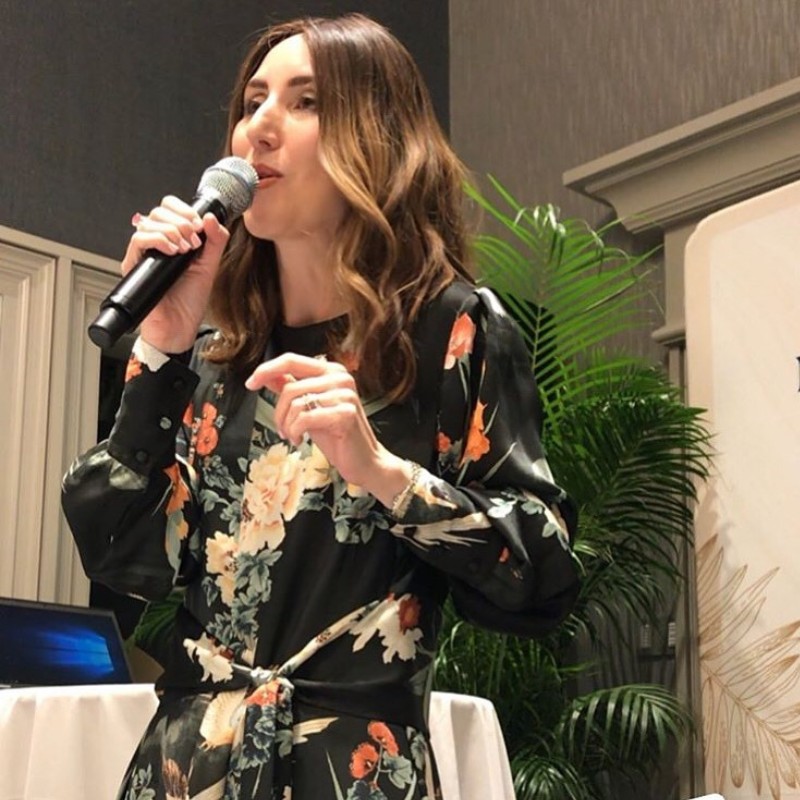
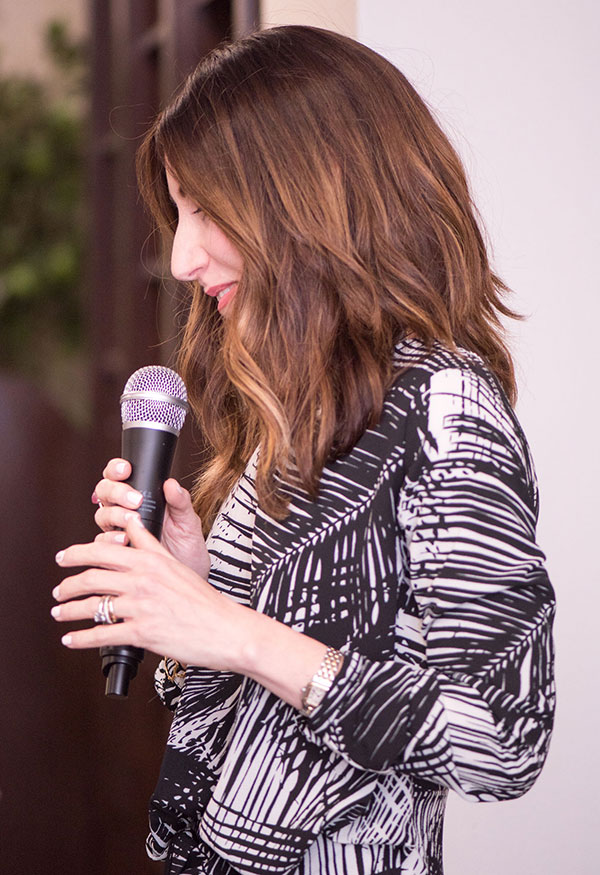
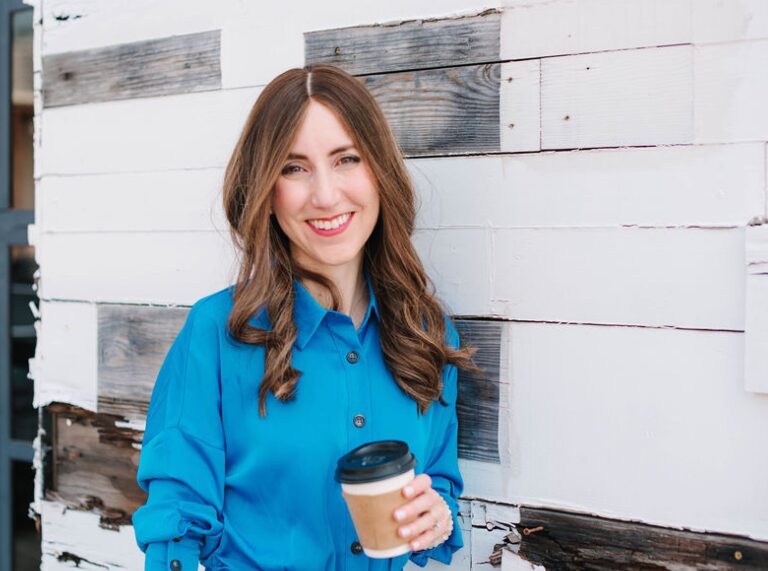
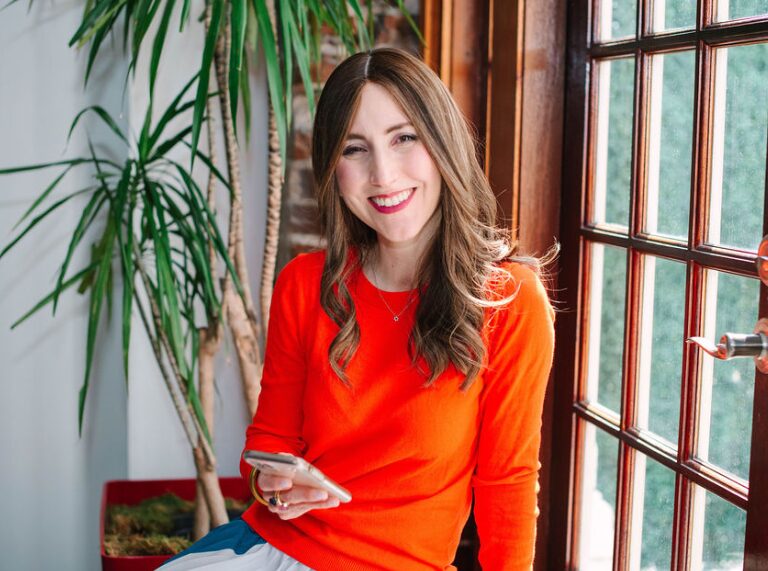
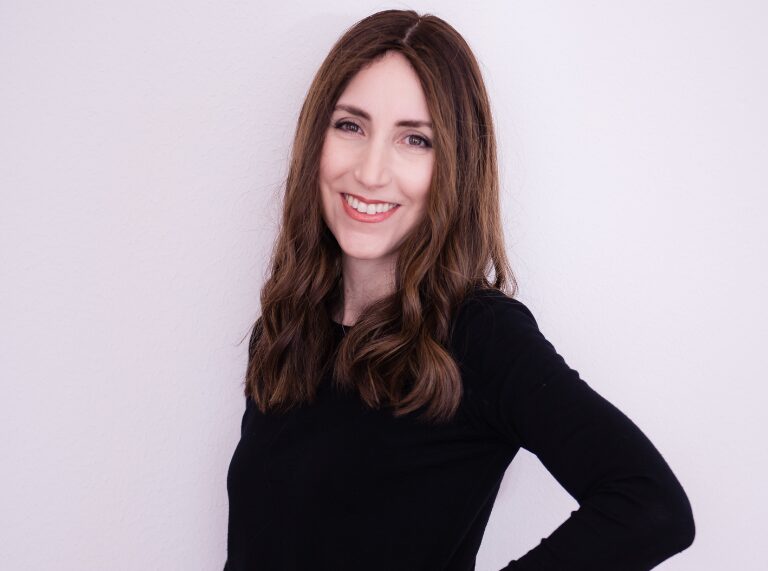
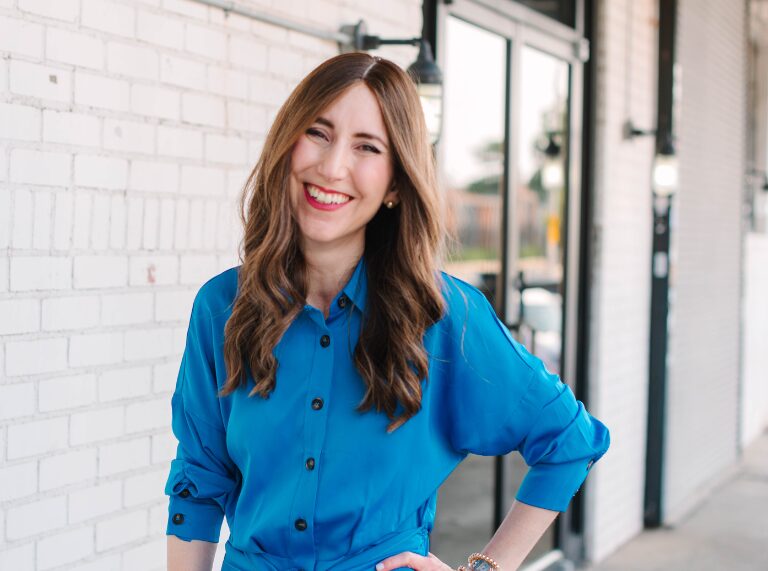
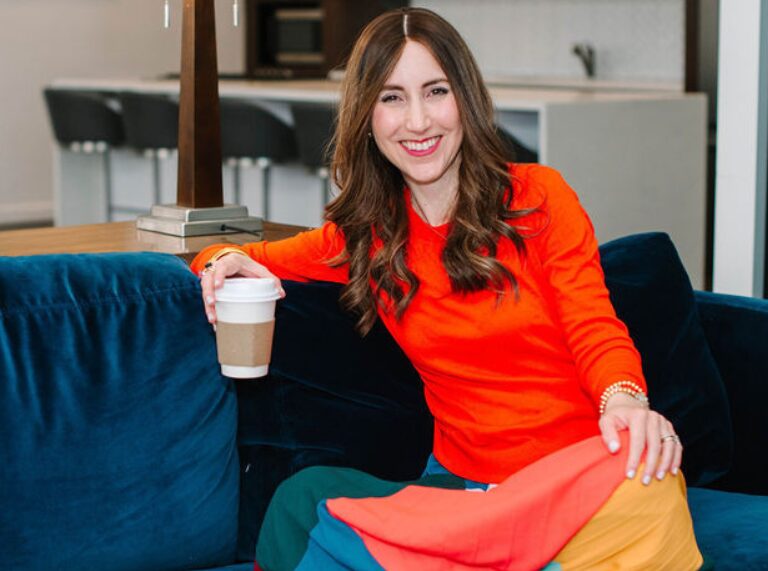
Image Credits
Elisheva Golani Photography










